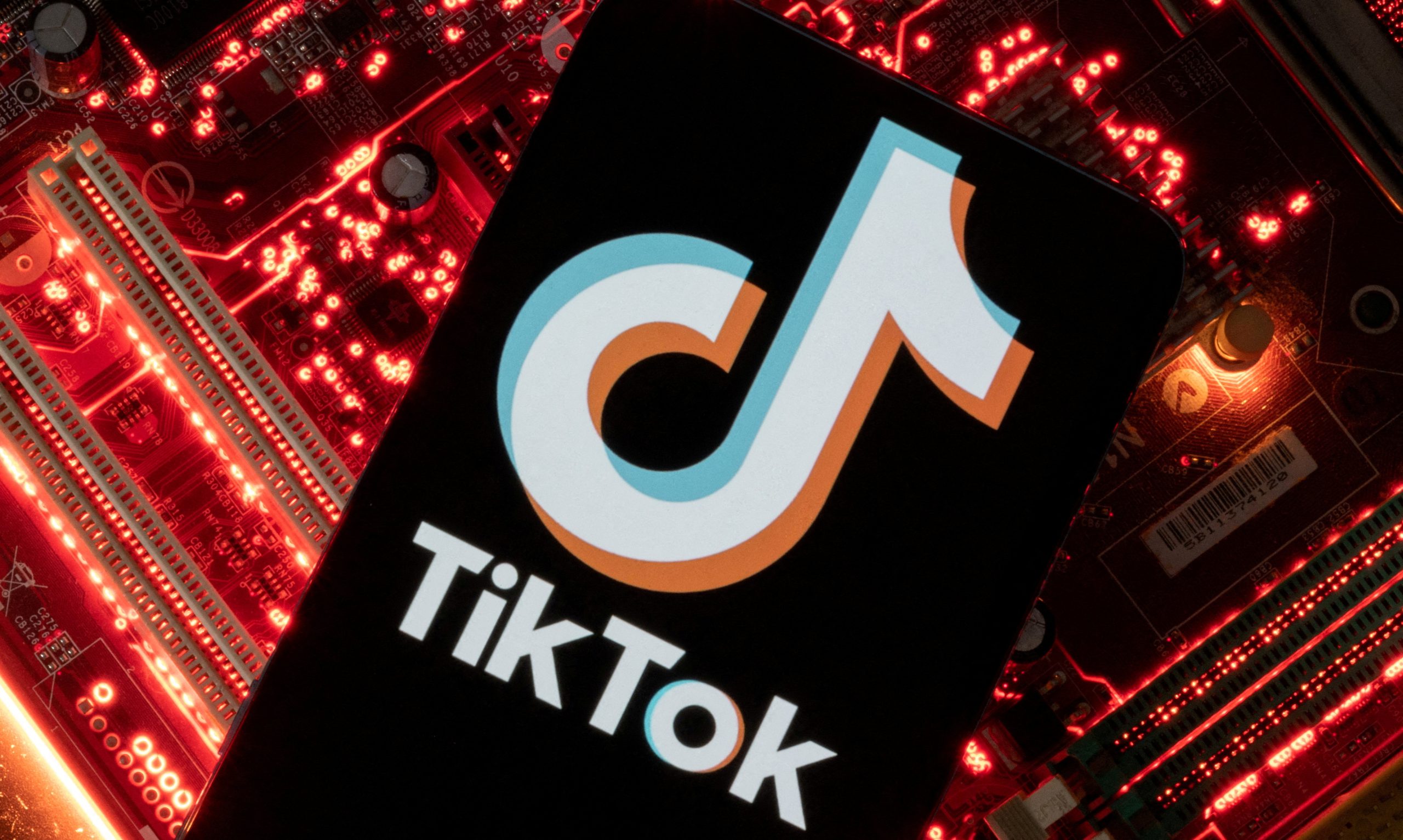
Samuel Case, FISM News
[elfsight_social_share_buttons id=”1″]
A former executive for TikTok’s parent company Bytedance accused the app of being a “propaganda tool” for the Chinese Communist Party that gives China access to U.S. data.
Yintao Yu served as the head of engineering for U.S. operations from August 2017 to November 2018 but was allegedly fired for exposing Bytedance’s plans to steal intellectual property from other tech companies.
He recently filed a wrongful termination lawsuit in the California Superior Court for San Francisco County, the New York Times reported on Friday.
His complaint described TikTok as a “useful propaganda tool for the Chinese Communist Party” and alleged that ByteDance’s Beijing offices had a group of government officials called “the Committee” that “guided how the company advanced core Communist values.”
“The Committee maintained supreme access to all the company data, even data stored in the United States,” Yu alleges.
In addition, he accused the company of having a “culture of lawlessness.” Yu alleges “he saw engineers for the Chinese version of TikTok push content that spread anti-Japanese sentiment,” the Hill reports citing the New York Times.
According to The Hill, “Yu has also alleged in the lawsuit that ByteDance stole intellectual property from its competitors, specifically Instagram and Snapchat, to populate its platform with their videos to make it appear more popular.”
A Bytedance spokesperson rejected Yu’s accusations, saying, “We plan to vigorously oppose what we believe are baseless claims and allegations in this complaint.”
TikTok CEO Shou Zi Chew testified in March before the House Energy and Commerce Committee to address national security concerns related to Tiktok, as lawmakers consider banning the app in the United States.
Chew said the company has spent more than $1.5 billion on data security with U.S. company Oracle under the name “Project Texas,” which would amount “to a firewall to seal off protected U.S. user data from unauthorized foreign access.”
“The bottom line is this: American data stored on American soil, by an American company, overseen by American personnel,” Chew said.
Yu says the plan still wouldn’t protect American user data, because Chinese engineers would still have “backdoor” access to the servers.
